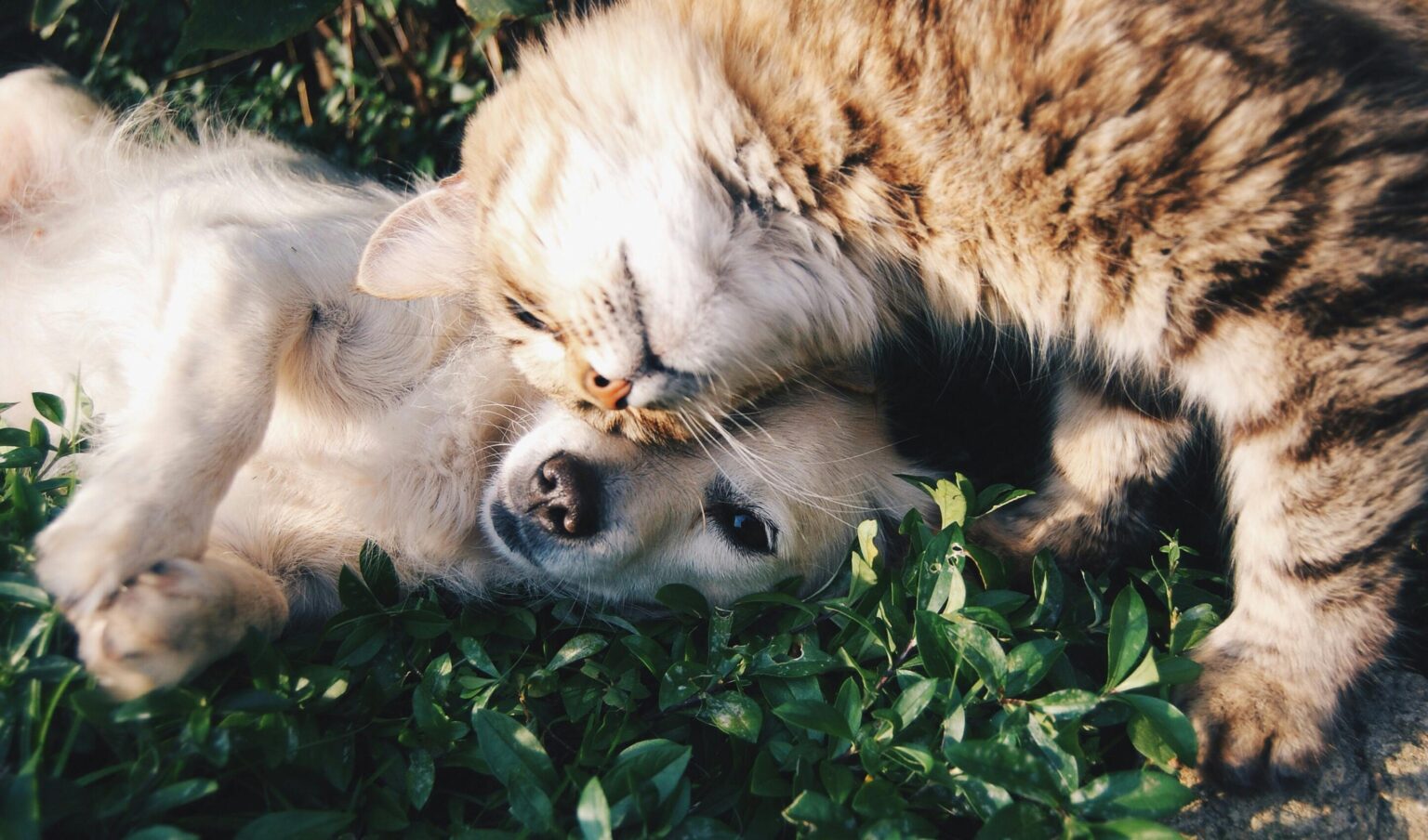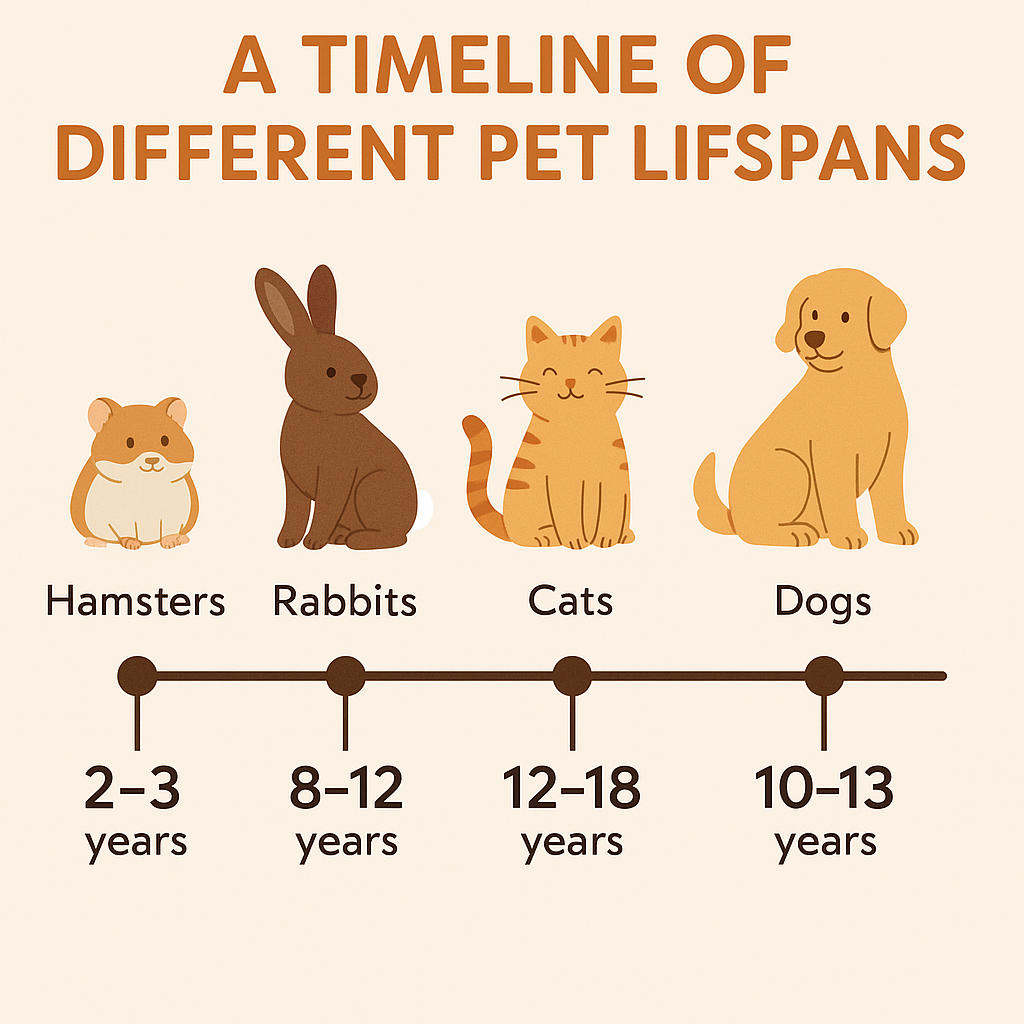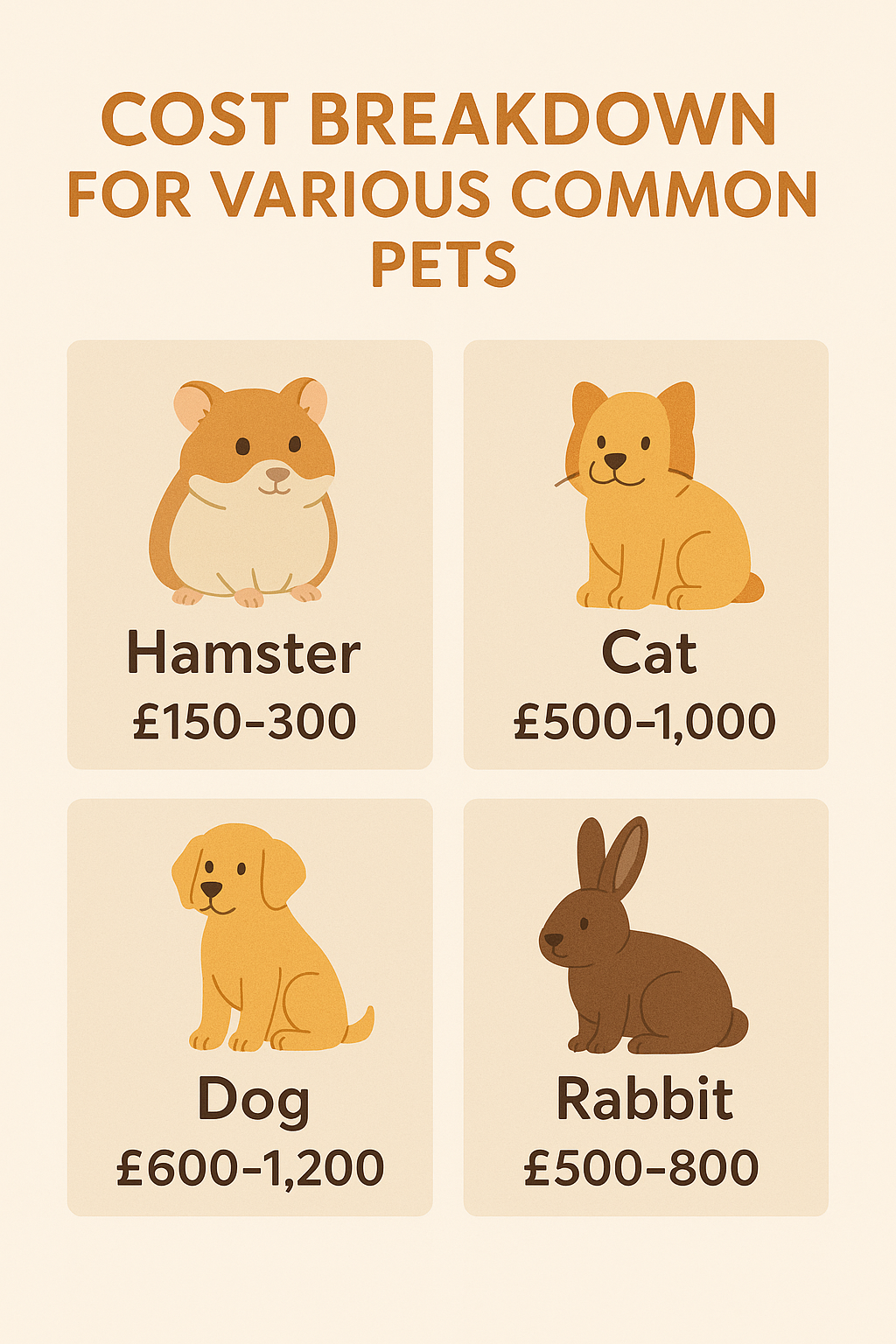C
hoosing a pet is a life changing decision. It’s about more than just picking a cute animal it’s about finding a companion that truly fits your daily life style, energy levels, home environment, and long-term plans. Whether you’re a first-time owner or adding a new member to your furry family, this guide will help you make the right choice.
- Assess Your Daily Routine and Free Time.
- Consider Your Living Space and Environment
- Factor in Allergies and Sensitivities
- Think About Long-Term Commitment and Lifespan
- Match Energy Levels With Your Personality
- Research Pet Care Needs and Costs
- Adopt, Don’t Shop Consider a Rescue
- Tips for New Owners
- Final Thoughts
Assess Your Daily Routine and Free Time.
The best pet for you is one whose needs match your lifestyle. If you’re often out at work or travelling, a low-maintenance pet like a fish, hamster, or reptile may be ideal. If you’re at home frequently and crave interaction, a dog or cat could be a perfect match.
Consider Your Living Space and Environment
Small flats aren’t suited for large, energetic dog breeds but they can be ideal for smaller pets like cats, rabbits, or guinea pigs. If you have a garden, that opens up more possibilities for active pets. Urban dwellers should also consider noise levels and pet restrictions in rental agreements.
Factor in Allergies and Sensitivities
Before adopting, it’s wise to spend time around animals to test for allergic reactions. Hypoallergenic dogs (like Poodles or Bichons, labradoodles), or non-furry pets like reptiles and fish, are great options for allergy sufferers.
Think About Long-Term Commitment and Lifespan
Each pet comes with a different lifespan. Cats and dogs often live 10–15 years or more, while parrots can exceed 50. On the other hand, small rodents and fish usually have much shorter lifespans. Make sure you’re ready for the long haul — emotionally and financially.
Match Energy Levels With Your Personality
Do you enjoy morning jogs, weekend hikes, and a busy schedule? High-energy dogs like Border Collies or Spaniels will keep up. Prefer calm evenings and quiet days? Older cats, smaller breeds, or chill dog breeds like Greyhounds may suit your vibe.
Research Pet Care Needs and Costs
Some pets require more than others in both time and money. Dogs typically need food, vaccinations, grooming, toys, and training. Even smaller pets like hamsters need cages, bedding, and vet check-ups. Create a realistic monthly and yearly budget the infographics below is based on a yearly breakdown and can be different for all animals.
Adopt, Don’t Shop Consider a Rescue
Rescuing a pet is one of the most rewarding ways to find your furry friend. Many rescue centres assess your lifestyle and help match you with the right animal. Adoption also helps fight unethical breeding and often includes basic medical care.
Tips for New Owners
Once you’ve chosen your pet, caring for them properly is key to a happy life together.
Regular vet visits for vaccinations, check ups, and advice
Proper diet suited to your pet’s age, breed, and health
Exercise and socialisation even small pets need stimulation and interaction
Grooming appropriate for your pet’s coat or skin type
Training and behavioural guidance to build trust and good habits
Final Thoughts
Choosing the right pet is about matching your home, lifestyle, and preferences with the animal’s needs. Whether you’re in a small flat or a family house, looking for hypoallergenic options, or planning to adopt in the UK, careful planning and research will help you find a pet that fits perfectly into your life.
“The greatness of a nation and its moral progress can be judged by the way its animals are treated.” Mahatma Gandhi












